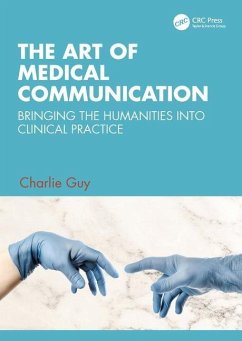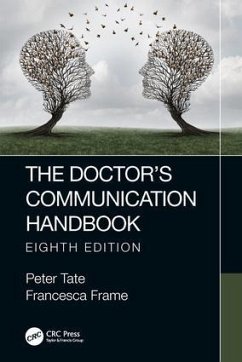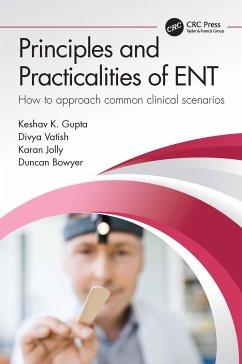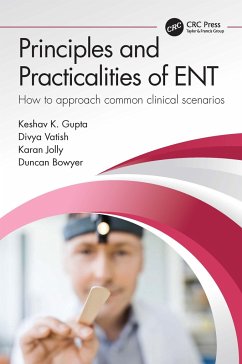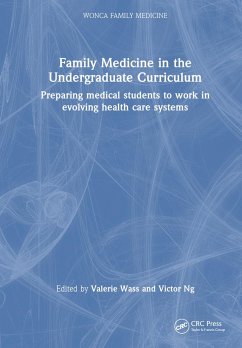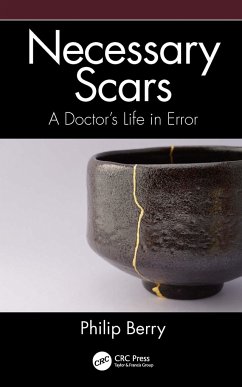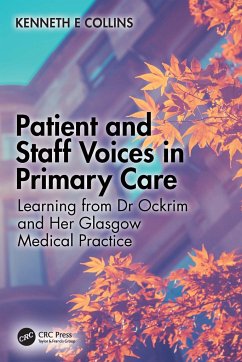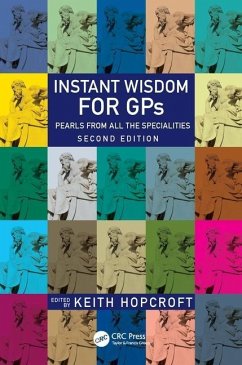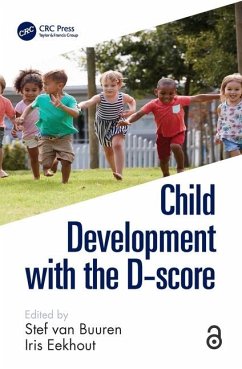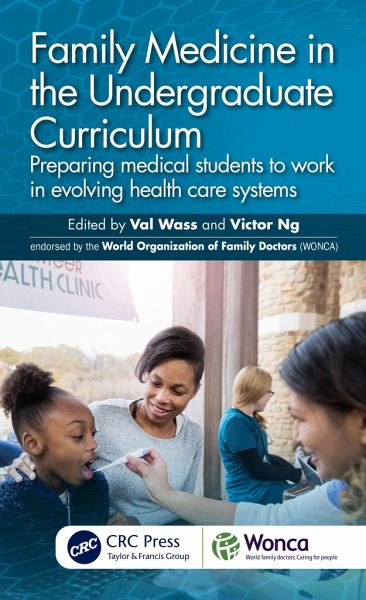
Family Medicine in the Undergraduate Curriculum
Preparing medical students to work in evolving health care systems
Herausgeber: Wass, Val; Ng, Victor
Versandkostenfrei!
Versandfertig in 1-2 Wochen
46,99 €
inkl. MwSt.

PAYBACK Punkte
23 °P sammeln!
This practical guide is designed specifically to support those planning and conducting family medicine/primary care education within medical schools around the world. It offers medical educators a collection of pithy, easy to follow chapters, guiding the reader through the curriculum requirements with key references for further detail.





